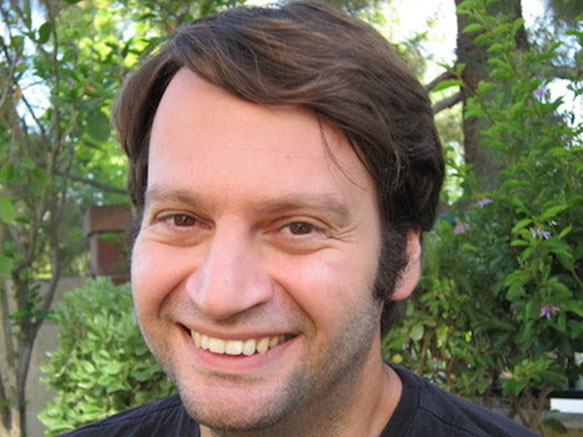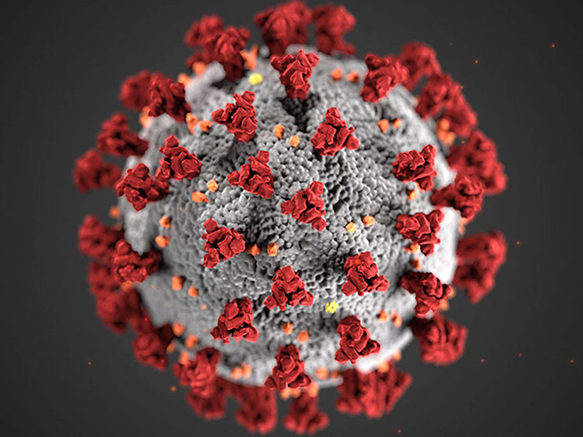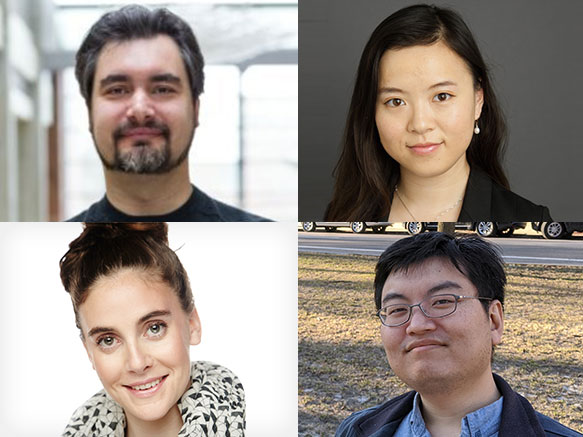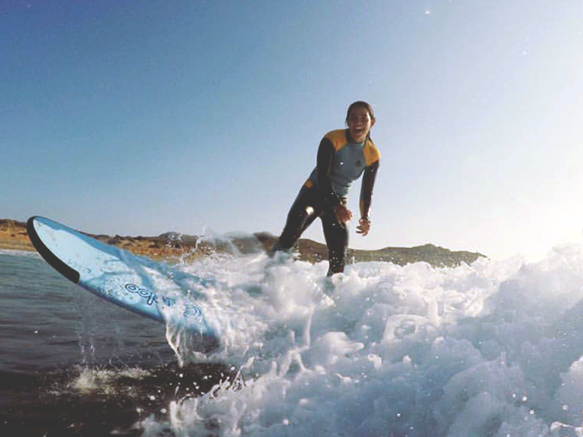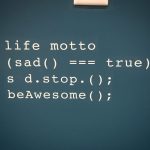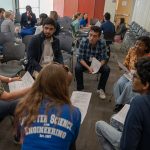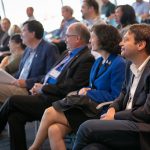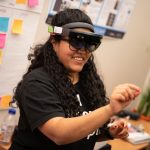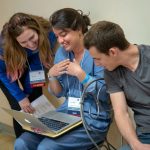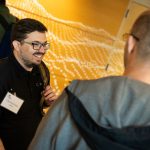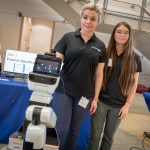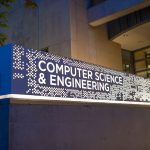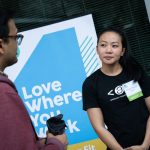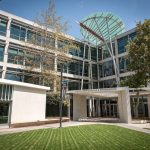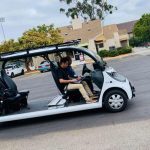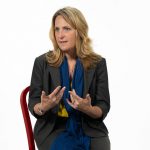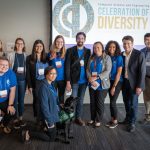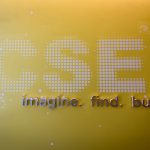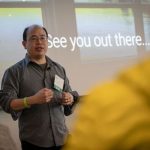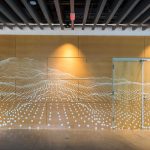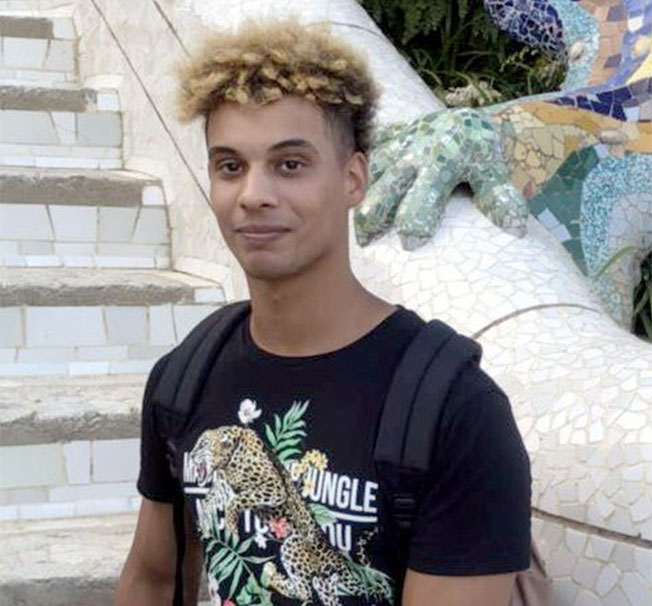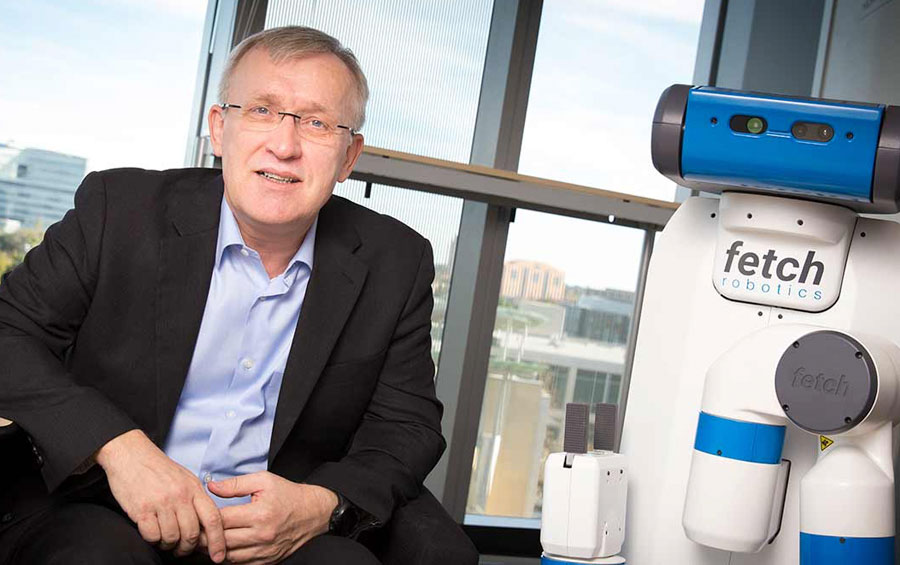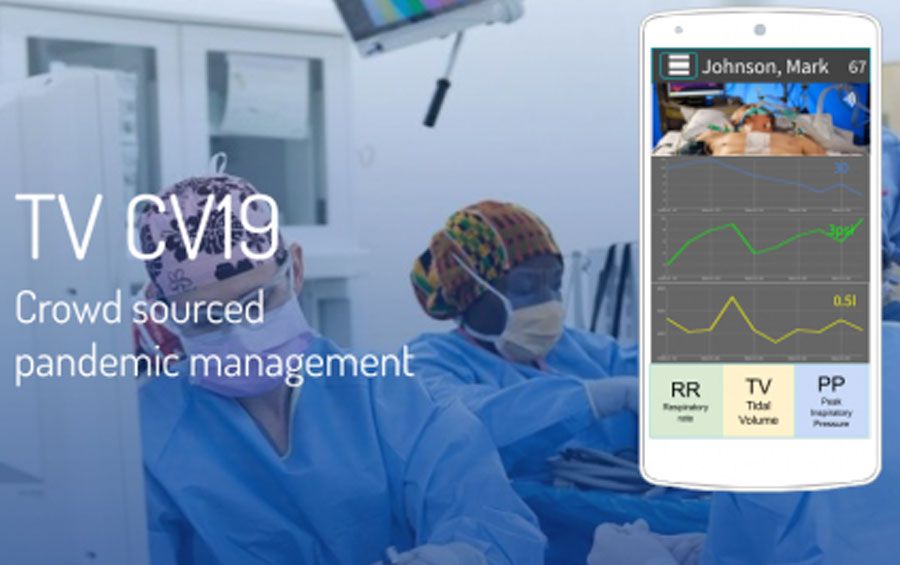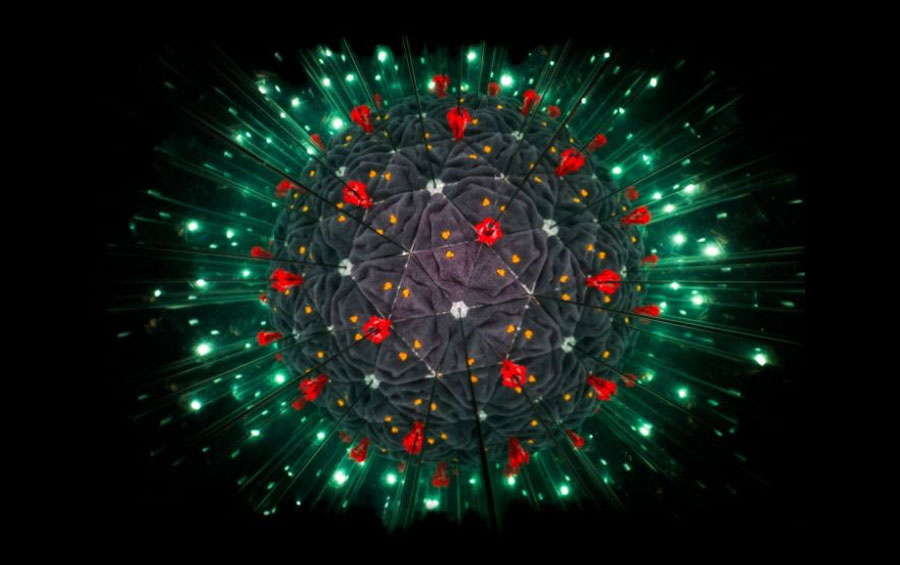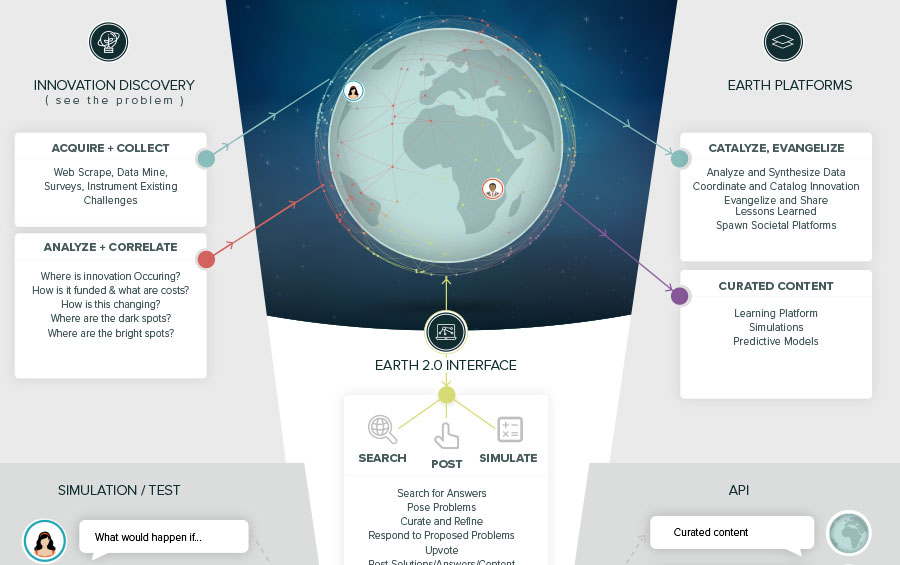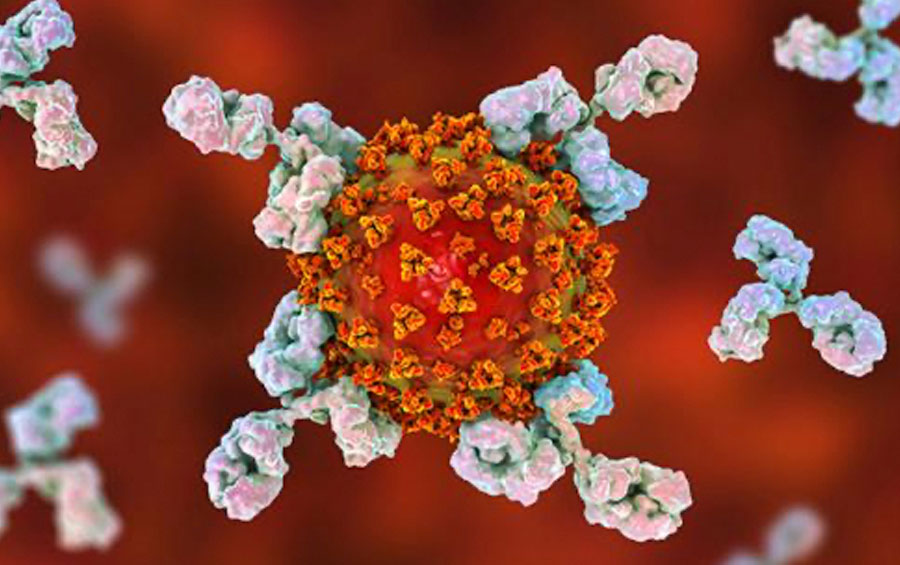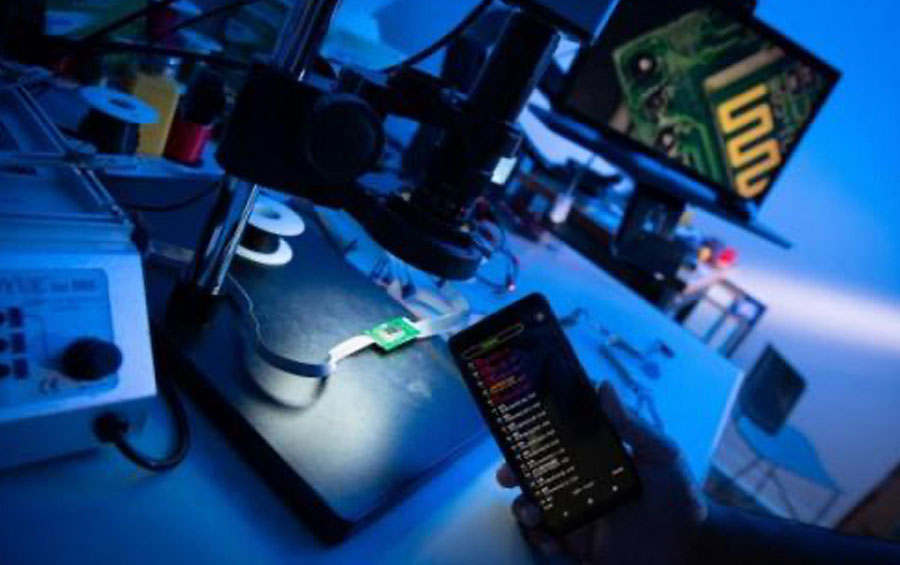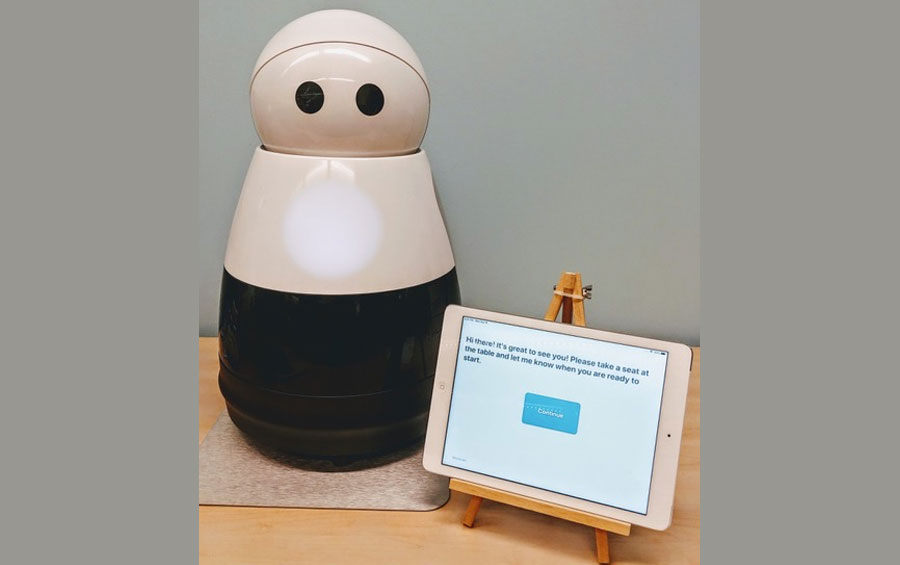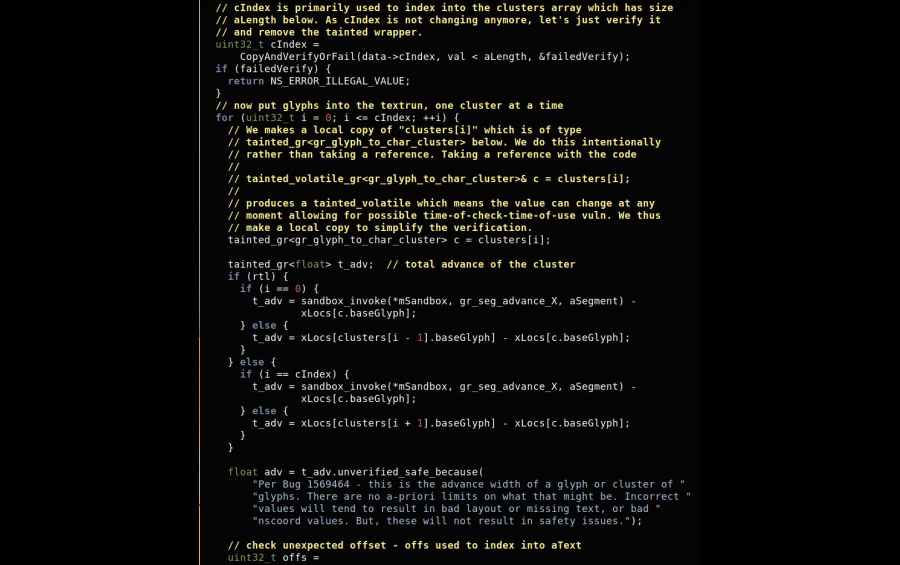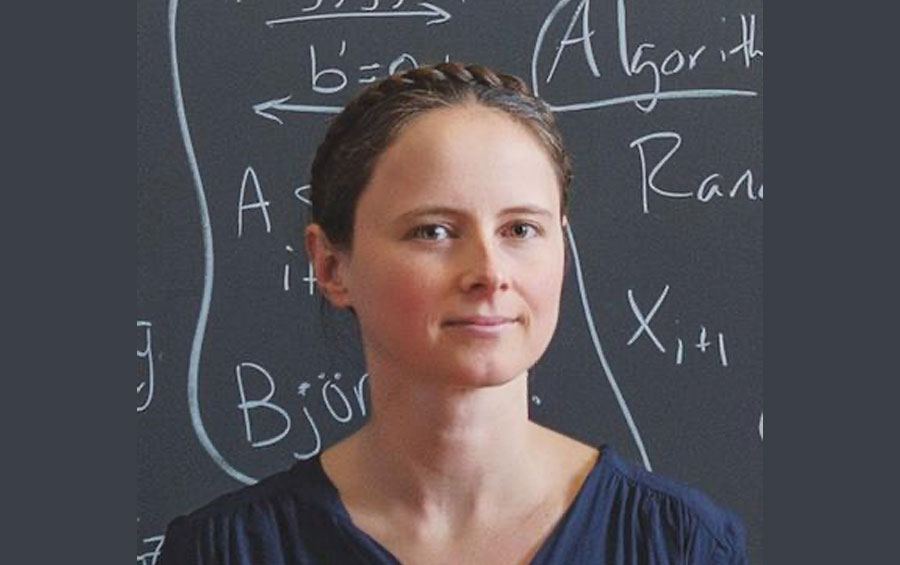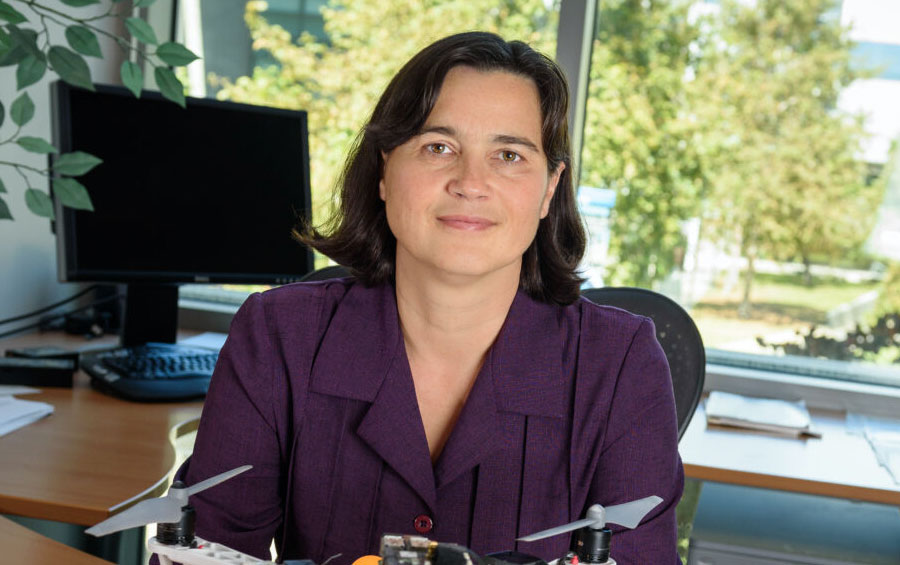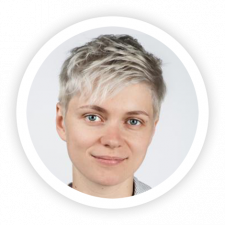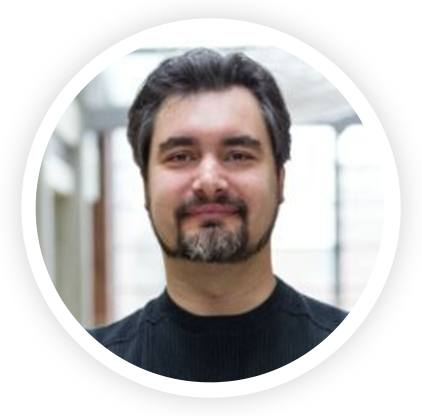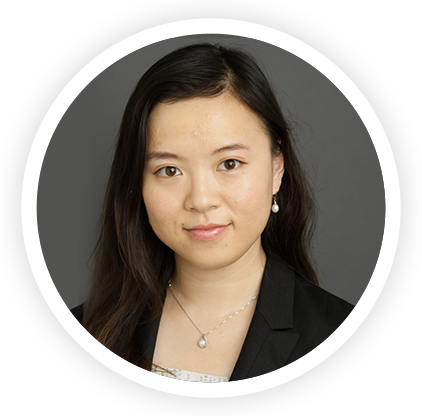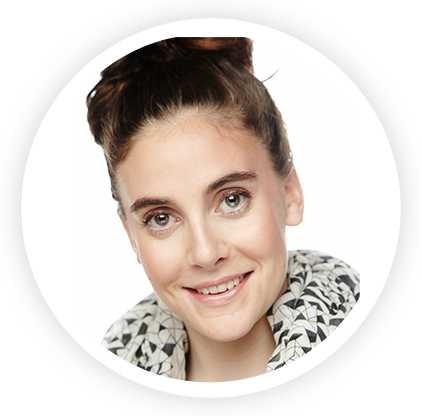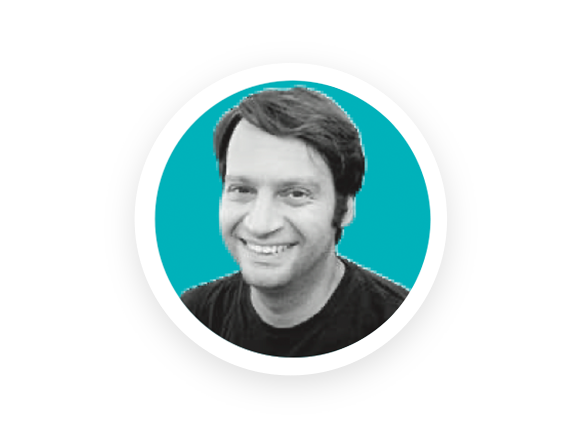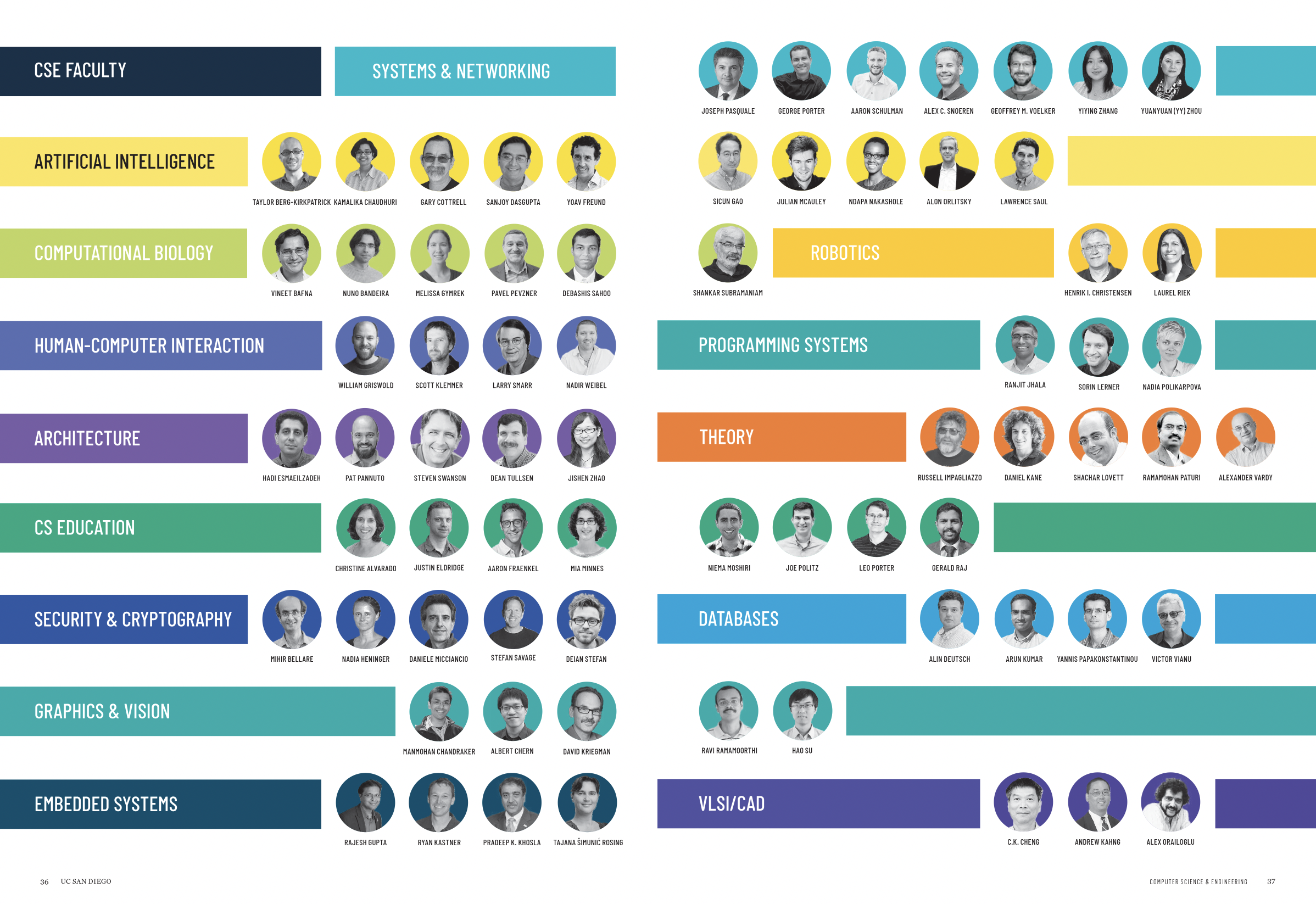CSE AT UC SAN DIEGO
annual report 2019-2020
Video Above: CSE student Jasmine Simmons works on the Smartfin research project
CSE AT UC SAN DIEGO
FIFTH
Ranked Fifth in the World by CSrankings.org
$35.8M
Research Expenditures (FY ‘18 – ’19)
1,933
Undergraduate Students
521
Master Students
239
Ph.D. Students
10,386
Alumni
87
Faculty
21
Affiliated Faculty
FACULTY HONORS

NIH Pioneer Director's Award
Rob Knight
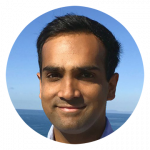
NSF Career Awards
Arun Kumar
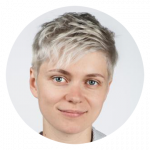
NSF Career Awards +
Sloan Research Fellowship
Nadia Polikarpova

Test-of-Time Awards
Stefan Savage
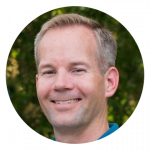
IEEE Fellow Class 2020
Alex Snoeren
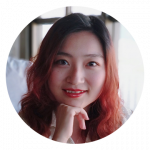
NSF Career Award
Yiying Zhang
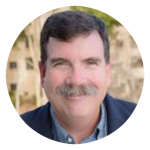
Test-of-Time Awards
Dean Tullsen
HIghlights 2019-2020

“As I begin my term as CSE department chair, I am honored to represent a department that has shown so much initiative, resilience and dedication. Our renowned faculty and exceptional students have not missed a beat in producing impactful research that will serve our community and our world.”
– SORIN LERNER
Chair / Professor, CSE
UC San Diego
We Are CSE
We Are CSE
A thriving, supportive and world-class community
We Are CSE
A diverse and inclusive community
Diversity, equity, and inclusion are key tenets of the UC San Diego CSE community. Watch why students, faculty, staff and leaders from across the UC San Diego campus decided to “Sit in the Red Chair” during the inaugural Celebration of Diversity Day.
copyright 2020 – Computer Science & Engineering – University of California San Diego


